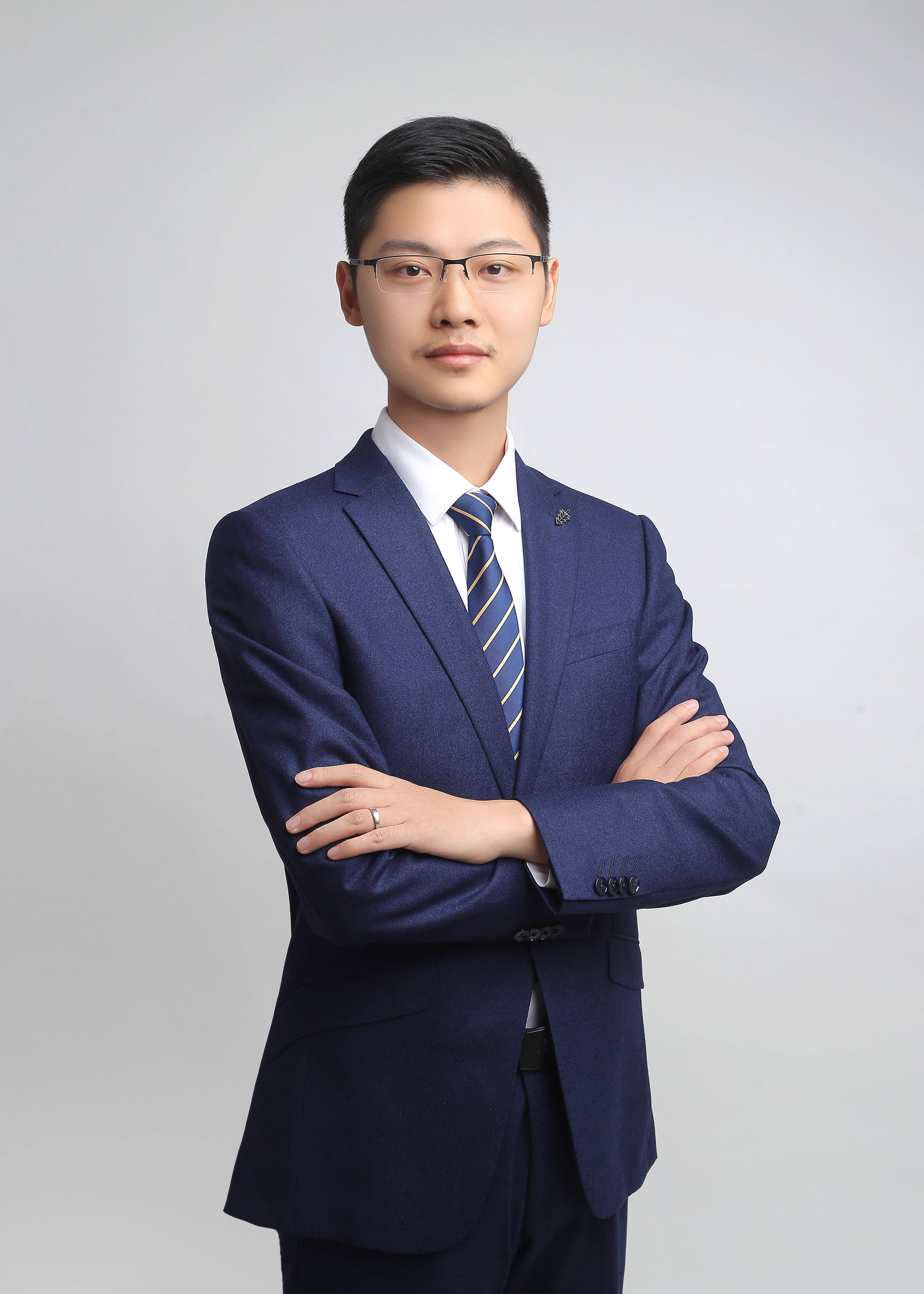Personal Profile

Ganchao Liu, Associate Professor
Research Direction:Remote sensing image processing, Visual localization
Contact Address:P.O. Box 64, 127 West Youyi Road, Beilin District, Xi'an 710072, Shaanxi, P.R. China
Zip Code:710072
E-mail:liuganchao AT nwpu.edu.cn
Work Experience
| 2020.10-now | Northwestern Polytechnical University | Associate Professor |
| 2018.10-2020.10 | Northwestern Polytechnical University | Postdoctral Research Fellow |
| 2016.06-2018.10 | Huawei Technologies Co., Ltd | Algorithm Engineer |
Representative Papers
G. Liu*, Y. Zhang, Y. Dong, and X. Li*, “Style Transformation-Based Spatial-Spectral FeatureLearning for Unsupervised Change Detection,” IEEE Transactions on Geoscience and Remote Sensing, 2022, 60, 5401515. doi: 10.1109/TGRS.2020.3026099.
Y. Yuan, H. Ma, and G. Liu*, “Partial-DNet: A Novel Blind Denoising Model with Noise Intensity Estimation for HSI,” IEEE Transactions on Geoscience and Remote Sensing, Accepted. 2021.
G. Liu, L. Li*, L. Jiao, Y. Dong*, and X. Li, “Stacked Fisher autoencoder for SAR change detection,” Pattern Recognition, 2019, 96, 106971. [PDF]
G. Liu*, H. Zhong, and L. Jiao, “Comparing Noisy Patches for Image Denoising: A Double Noise Similarity Model,” IEEE Transactions on Image Processing, 2015, 24(3): 862~872. [PDF]
G. Liu* L. Jiao, F. Liu, H. Zhong, and S. Wang, “A New Patch Based Change Detector for PolSAR Data,” Pattern Recognition, 2015, 48(3): 685~695. [PDF]
Academic Service
He is a scientific and technological expert of Xi'an and a member of the remote sensing image professional committee of the Chinese Society of Image and Graphics (CSIG);
Served as reviewer of IEEE T-IP、IEEE T-GRS、IEEE T-NNLS、ISPRS J-PRS、Pattern Recognition and other internationally journals;
Served as track chair or PC member of dozens of international academic conferences such as IEEE ICICN, ACM MM, ACM ICMR, and AIPR.
Scientific Grants
As the leader, he presided over 10 Scientific Grants such as the National Natural Science Fund and the National Postdoctoral fund;
Participated in the national key R & D plan and Scientific and Technological Innovation 2030 "new generation artificial intelligence".

 Search
Search
 Chinese
Chinese
 Home
Home

